Gravity is a fundamental characteristic of planets and other celestial bodies that has a significant impact on life and physical phenomena. In the next decade, humanity is going to colonize the Moon, and after that, the Red Planet. In this article, we will explore gravity on Mars and its impact on humans. But first, let’s define the concept itself.
What Is Gravity?
Gravity (from the Latin gravis, “heavy”) is the universal fundamental interaction between material bodies with mass. In other words, any matter has a gravitational attraction that is proportional to its mass and distance to it. The greater the mass of an object and the closer it is, the greater its gravitational force.
Since the Earth is the most massive object near us (1.317e+25 pounds), all bodies and objects are attracted to it. For example, apples fall to the ground instead of getting attracted to a person’s head. The apple that fell on Newton’s head still fell to the ground later. The gravitational force with which the Earth attracts other bodies to itself is called gravity. The force of gravity is measured by the formula: F = m ⋅ g, where ‘m’ is the mass of the body, and ‘g’ is the gravitational acceleration — a uniformly accelerated motion that all bodies acquire in a vacuum under the influence of gravity near the surface, regardless of their mass.
Free fall acceleration on the Earth’s surface is a constant value that equals 9.8 m/s². This means that when a body is in a free fall, its speed changes by 9.8 m/s in one second. If a body moves vertically upward, its speed decreases by 9.8 m/s in 1 second. If the body moves vertically downward, then the speed increases by 9.8 m/s in 1 second. The gravitational acceleration experienced on the surface of an astronomical or other object is also called surface gravity. So, let’s learn what the surface gravity of Mars is.
How Does Gravity On Mars Compare To Earth, Moon And Venus?
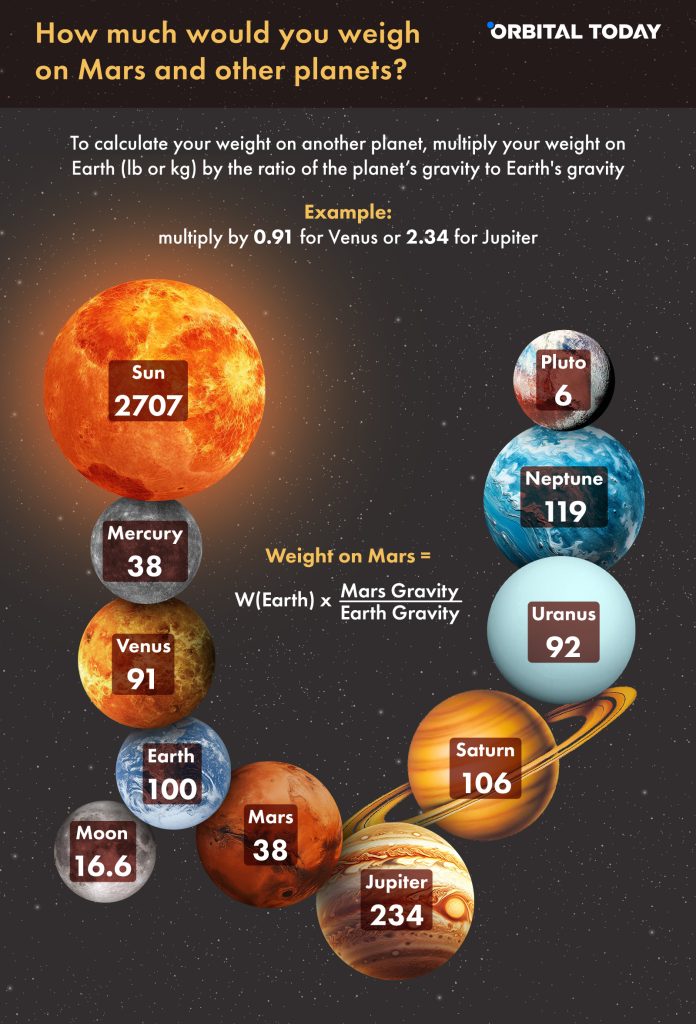
How to calculate your weight on other planets.
If we take g on Earth as 100%, then on Venus, the surface gravity will be 91%, on the Moon — 16.6%, and on Mars — 38%. That is, if you weigh, say, 200 pounds on Earth, then on Venus you would weigh 182 pounds, on Mars — 76 pounds, and on the Moon only — 38! Remember how easily the Apollo astronauts jumped on the Moon even though their spacesuits weighed 130 pounds!
Why Is Mars’ Gravity So Low?
Gravity on different planets and moons depends on their mass and radius square. The greater the mass of the planet and the closer you are to its centre, the stronger the gravity and vice versa. Astronomical objects have different masses and radii, so their g value is also different.
The mass of Mars is approximately 0.107 that of Earth, or approximately 1.523 x 10^23 pounds. The radius of Mars is 2,106 miles, which is almost half that of Earth (3,959 miles). That’s why Mars’s surface gravity is so low.
Would You Fall Faster On Mars?
Since the acceleration of gravity on Mars is almost three times less than on Earth, you might think that you will fall to the Red Planet much more slowly because the gravity of Mars will not pull you as strongly as the Earth’s gravity. But let’s recall that the acceleration of gravity is calculated for bodies in a vacuum and does not take into account the height of the fall and… air resistance. The density of the Martian atmosphere is only 20 grams per cubic meter, which is 61 times less than the density of the Earth’s atmosphere (1.225 kilograms per cubic meter). In other words, the atmospheric resistance on Mars is so low that your final fall speed will be over five times higher than on Earth. Future colonists will need to carefully consider the design of the ship so that it does not crash on the surface at landing.
Is There Enough Gravity On Mars To Walk?
Yes. Even though on Mars, you will weigh almost three times less than on Earth, this disadvantage will be compensated by the spacesuit weight. Neil Armstrong and Buzz Aldrin walked on the Moon with ease, even though there was even less gravity there. In general, you don’t need to be afraid. You’ll have your feet firmly planted on the Red Planet’s surface, and the only thing you’ll need to watch out for is where you step.
Could I Run Faster On Mars?
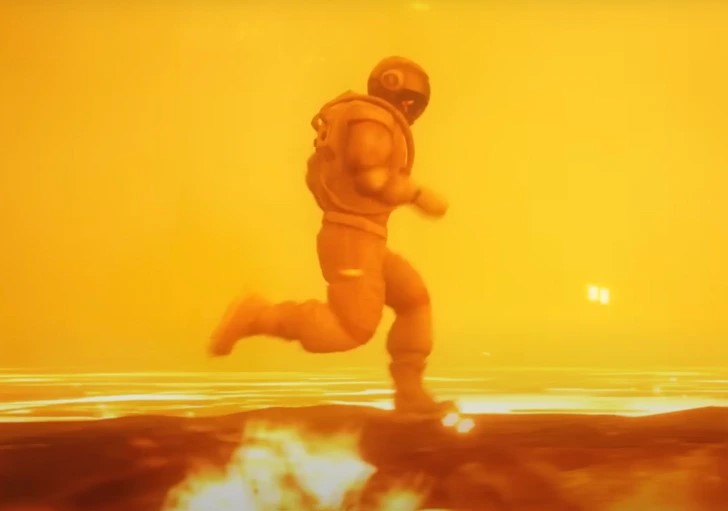
Running on Mars. Credit: adme.media
In theory — yes, but there are some other factors to consider. On Earth, marathon speed is 6 miles, and the maximum speed that professional runners can achieve is 27 miles! If we compare gravity on Mars and Earth, then these indicators can be multiplied by 2.7 times. However, on Mars, you won’t be able to run in shorts, a T-shirt, and Nike Air Jordans! There, you will have a heavy spacesuit and boots, protecting you from the harsh conditions of the Martian atmosphere and landscape.
As soon as you step on the surface of the Red Planet, you will see it for yourself! The surface is covered with rust-coloured dust. The dust layer thickness may vary in different places, but on average, it is about two metres! The same fine dust flies in the air, occasionally creating dust storms, the most powerful of which can even be seen from Earth. Let’s agree, this can make running so much more difficult.
Is Mars Gravity Survivable?
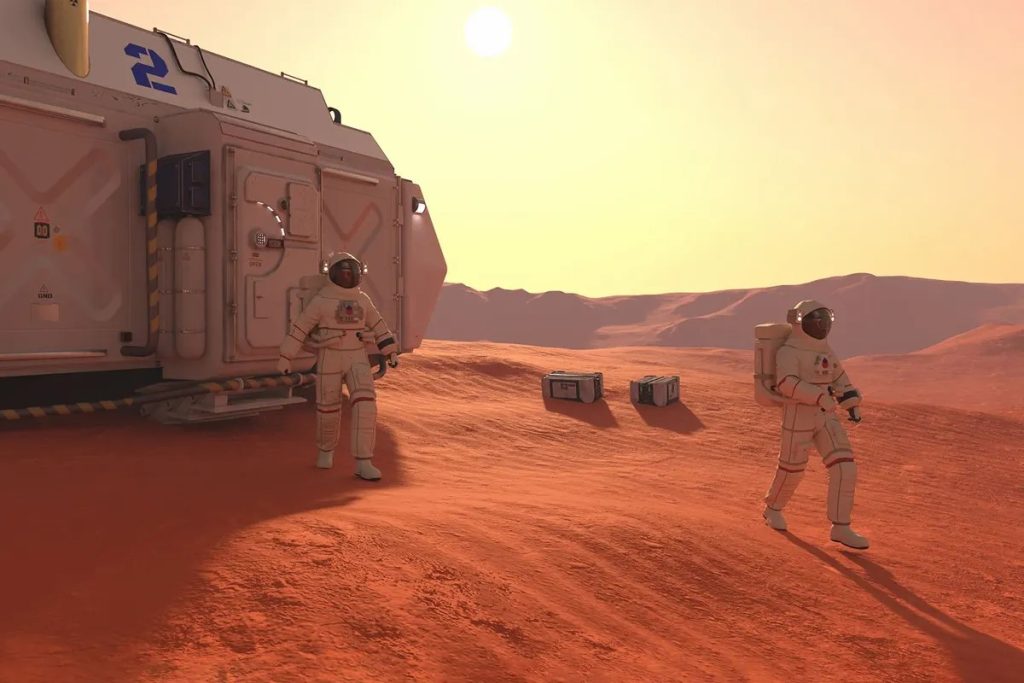
Mars colony, concept Credit: Getty Images/e71lena
Let’s imagine that we landed safely and even managed to walk on the surface of the Red Planet. Can you survive on Mars in low gravity? Of course, it won’t kill you instantly, but it can have long-term health effects such as bone loss, muscle atrophy, cardiovascular problems, vision problems, and swelling. Astronauts face most of these problems after a long stay on the ISS, and yet, the gravity there is only 12% lower than Earth’s. By the way, read how space medicine fights low-gravity disease.
All in all, to survive on Mars, you will have to try very hard. Astronauts going to Mars will have to exercise regularly and take extra measures to maintain their physical health; technicians and engineers will have to develop special spacesuits that minimize the effect Mars gravity has on humans, as well as create residential complexes with life support systems that replicate terrestrial living conditions to a maximum.
Conclusion
So, we found out that Mars’s gravity is lower than Earth’s, but it allows people to survive and carry out basic vital activities. But there are a couple of nuances. Studying the effects of low gravity on human health and capabilities is an important goal for future missions to Mars and long-term housing on this planet.
Sources:
- Kenneth L. Nordtvedt, Alan H. Cook, James E. Faller. “Gravity | Definition, Physics, & Facts” https://www.britannica.com/science/gravity-physics
- NASA science. Mars facts. https://mars.nasa.gov/all-about-mars/facts
- Here’s How Fast You Could Run on Other Planets https://brightside.me/articles/heres-how-fast-you-could-run-on-other-planets-813714/
- Chris Denzel. “Gravitational Factors of Our Eight Planets” 2020 https://sciencing.com/gravitational-factors-eight-planets-8439815.html

 A report, “Viking relativity experiment: verification of signal retardation by solar gravity” published in 1979 by researchers at MIT and the Jet Propulsion Laboratory, analyzed 14 months of data obtained from radio ranging to Viking to verify the prediction of the general theory of relativity.
A report, “Viking relativity experiment: verification of signal retardation by solar gravity” published in 1979 by researchers at MIT and the Jet Propulsion Laboratory, analyzed 14 months of data obtained from radio ranging to Viking to verify the prediction of the general theory of relativity.

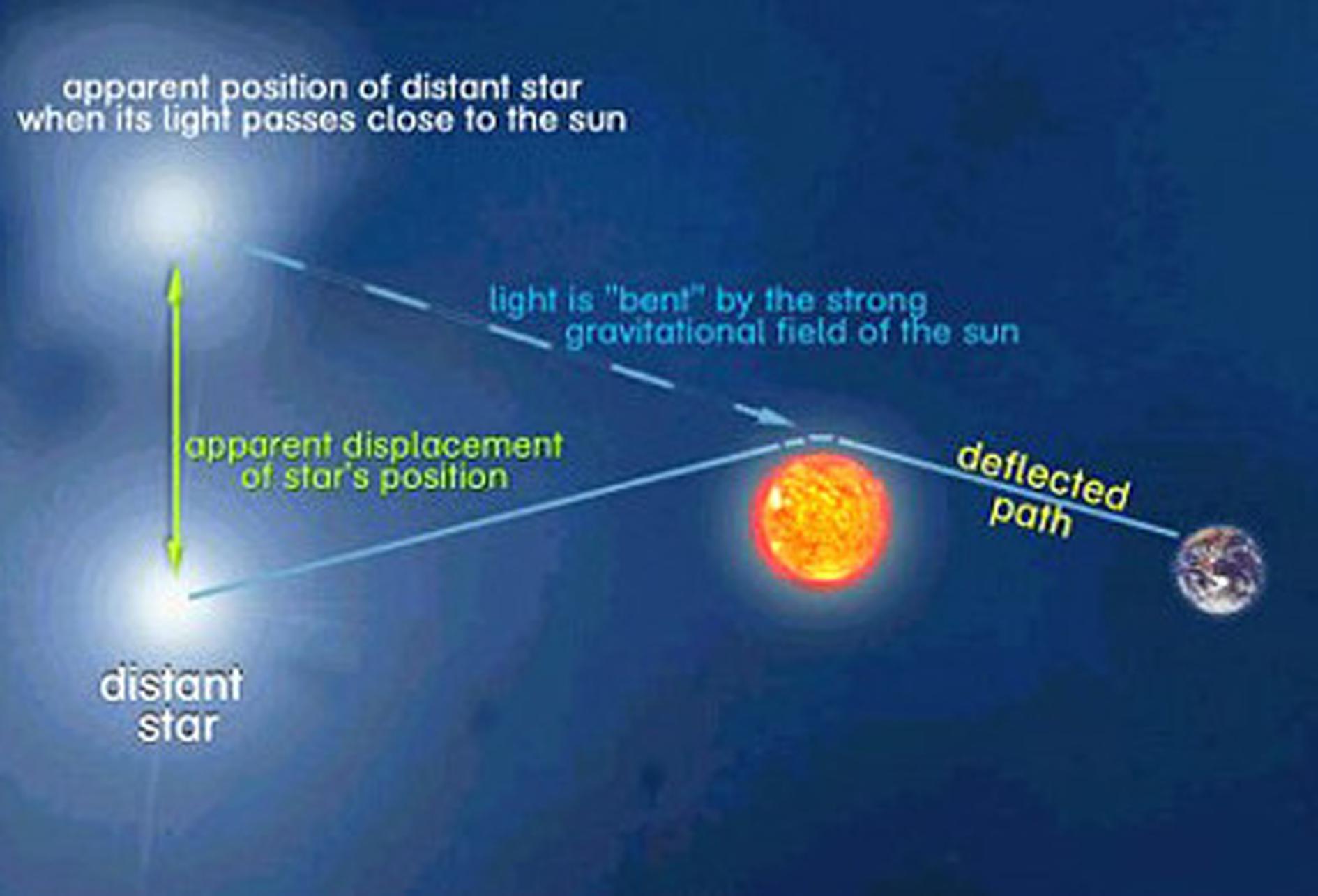



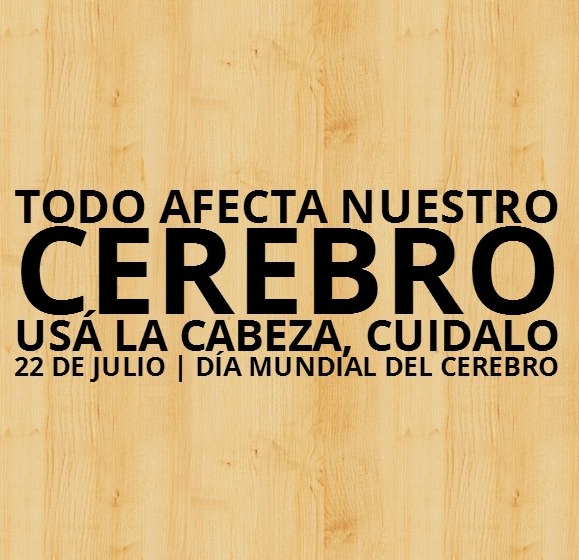




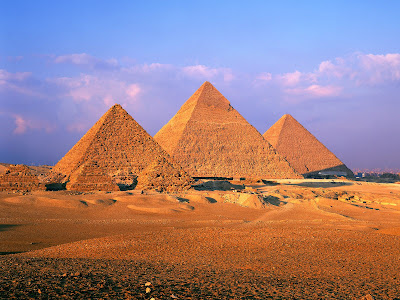









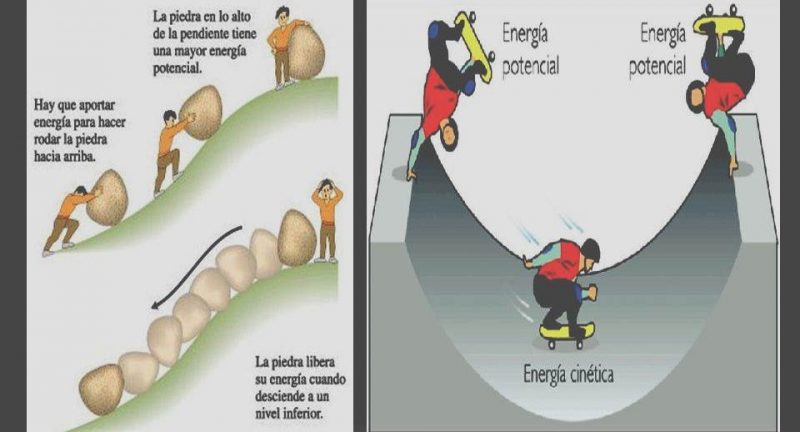

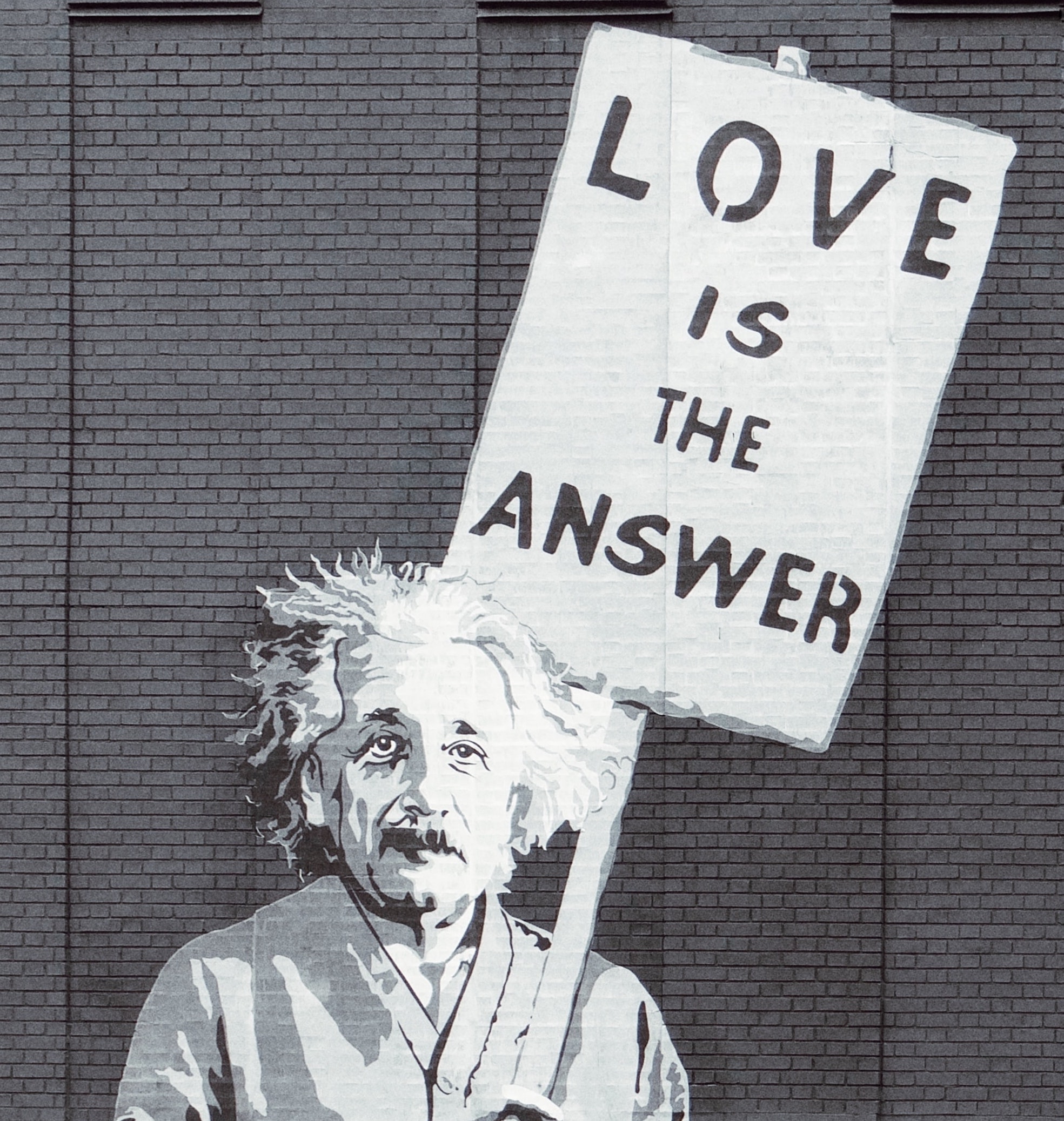

 How to calculate your weight on other planets.
How to calculate your weight on other planets. Running on Mars. Credit: adme.media
Running on Mars. Credit: adme.media Mars colony, concept Credit: Getty Images/e71lena
Mars colony, concept Credit: Getty Images/e71lena